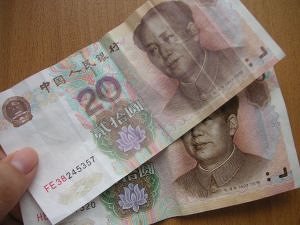|
The big question is, did the bogus network gear’s software contain undocumented backdoors that would allow bad guys to take control, once the gear was installed in networks? Note that the counterfeiters have copied products by well-respected manufacturers such as Cisco, just as they try to copy Rolex watches and Gucci handbags.
Some of this junk is sold on eBay. (I bought cellphone accessories on eBay that proved to be Samsung counterfeits. They performed poorly.) Cisco gear is so widely counterfeited in China that there’s a word for it: Chisco. Handbag and wristwatch counterfeits are one thing; the installation of low-quality components with possible backdoors into mission-critical networks is quite another.
My friends in the auto repair industry tell me that counterfeit and sub-standard parts are a major problem in their industry. Some China-based vendors (such as Meyle) masquerade as Germany-based vendors. Most of their products look substantially the same as the original, but they perform poorly and/or fail prematurely. Other scams include parts that look like Mercedes-Benz branded parts, presumably sourced through their distribution channel, but are counterfeit junk.
I wonder if we’ll need to add traceability to consumer- and commercial-grade computing equipment? Traceability has long been important in defense and aviation markets — and is a major reason for the high prices typical of those markets. What’s involved in product tracking Once again, crime can be viewed as a tax on the average person.
More reading:
Visit my website: http://russbellew.com

